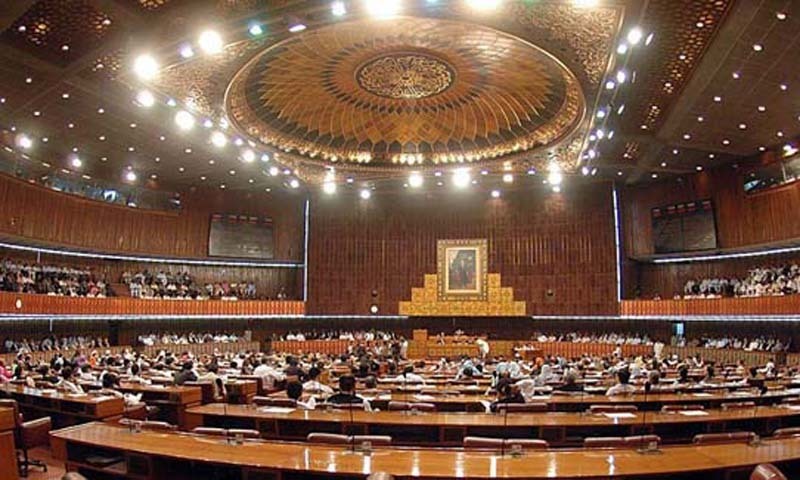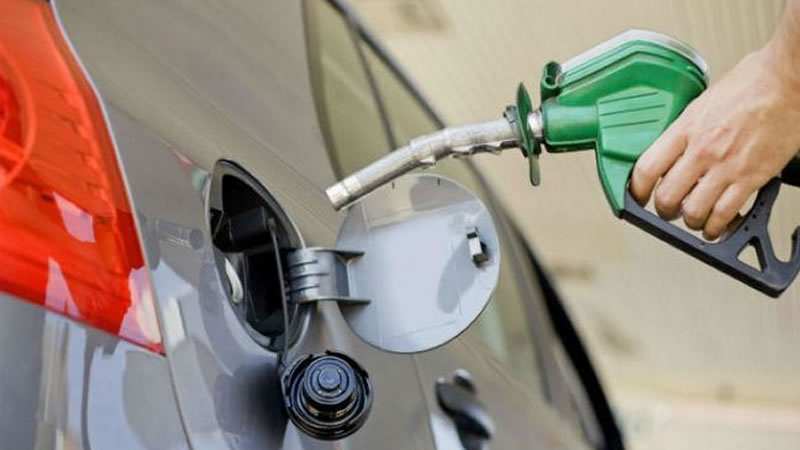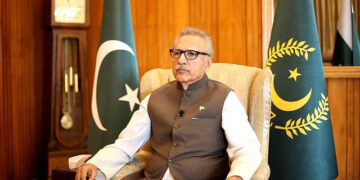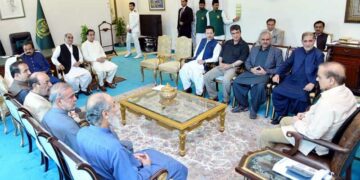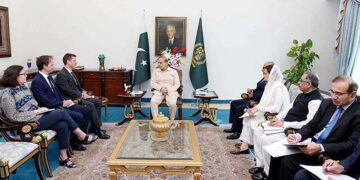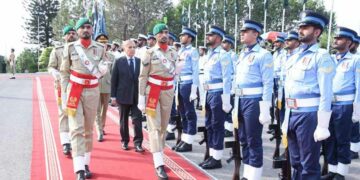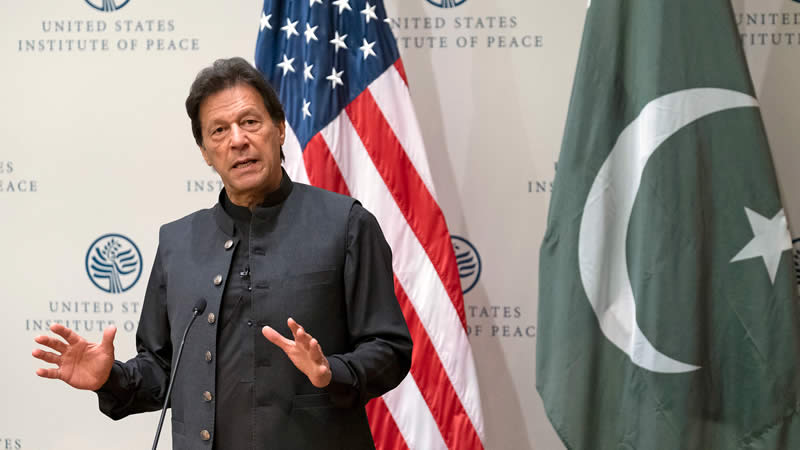Despite its claim of following ‘policy of austerity’, the government is seeking parliament’s post-facto approval for a Rs139 billion ‘regular supplementary budget’ for the current financial year because of huge expenditure overruns.
[contentblock id=1 img=adsense.png]
This time it is 114 per cent more than the government sought last year. According to budgetary documents placed before parliament, supplementary grants of Rs205.348bn are on the list. Some of them of technical nature but the Rs139bn expenditure overruns will place an additional burden on the budget.

A cursory look at the documents placed before the National Assembly suggests that some of these expenditures pertain to discretionary dole-outs, publicity, purchase of luxury vehicles for cabinet members, their allowances and refurbishment of accommodation for judges and unexplained expenses of intelligence agencies paid out of regular expenditure. Supplementary grants over the past two fiscal years were on the higher side, said a finance ministry official. But he added that major chunk of the grants pertained to technical re-appropriations — shifting funds from one head to another or debt rollovers — having no additional impact on budget. He, however, confirmed that regular supplementary grants which had an additional impact on the budget last year amounted to Rs65bn, while this year the amount had increased to Rs139bn, by 114pc. “Supplementary demands for grants and appropriations” tabled before the parliament suggest that about Rs67bn readjustments were of technical nature like surrender from one grant to another or relief funds for Balochistan earthquake or IDPs.
[contentblock id=2 img=gcb.png]
The ministry of finance said in a statement that the regular supplementary grants were meant “to provide for expenditure for purposes that were not foreseen at the time of finalisation of demands for grants. Such supplementary grants put additional burden on the budget”. Most of these supplementary grants are described as charged expenditure out of the federal consolidated fund which is presented to parliament only for information and taken as approved without voting. Simply put, parliament cannot reject it because the amount has already been spent. For example, despite repeated claims to reduce subsidies the government in fact exceeded allocations for subsidies by around Rs63bn and has now been charged upon budget. A closer look at the remaining Rs61bn supplementary grants suggests expenditures for what an analyst terms extravagant purposes. For example, an amount of Rs4.1 million was spent on ad hoc relief for federal ministers, ministers of state, adviser to prime minister and special assistant to prime minister. An unapproved amount of Rs21 million was spent on entertainment and gifts given out by the prime minister and on food, drugs and medicine. Prime Minister’s Inspection Commission was not to be left behind as it got an unapproved amount of Rs500,000 spent on conferences, Rs7.6m for the purchase of two vehicles for ministers of state for communication and postal services.
[contentblock id=3 img=adsense.png]
About Rs22.6m was paid for the high-treason case against former president Pervez Musharraf and Rs1.7bn was spent for construction of additional carriageway of Torkham-Jalalabad Road. Additional expenditures of Rs20bn were made on capacity building of Pakistan Army, fresh imports for defence, Pakistan Navy and Housing Scheme of Pakistan Navy. Another additional expenditure of Rs134m was made for repayment and upgradation of VVIP Gulf Steem Aircraft. An amount of Rs1.1bn was paid out of special subsidies of the finance minister for expenses of a security agency. The government of Khyber Pakhtunkhwa was paid the highest reward of Rs2.2bn for not spending its development funds on its people, while Punjab got Rs1.7bn, followed by Balochistan (Rs888m) and Sindh (Rs420m) to help keep federal government’s budget deficit within IMF limits. The government also provided Rs19bn to power distribution companies, Rs4bn to K-Electric and Rs15bn for the Zarb-i-Azb Operation. An amount of Rs430m was spent on repatriation of stranded Pakistanis in Libya and Rs400m for allotment of land and construction of embassies of Kazakhstan and Tajikistan in Islamabad.


